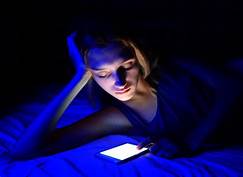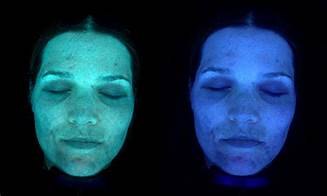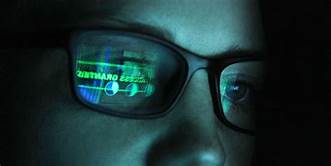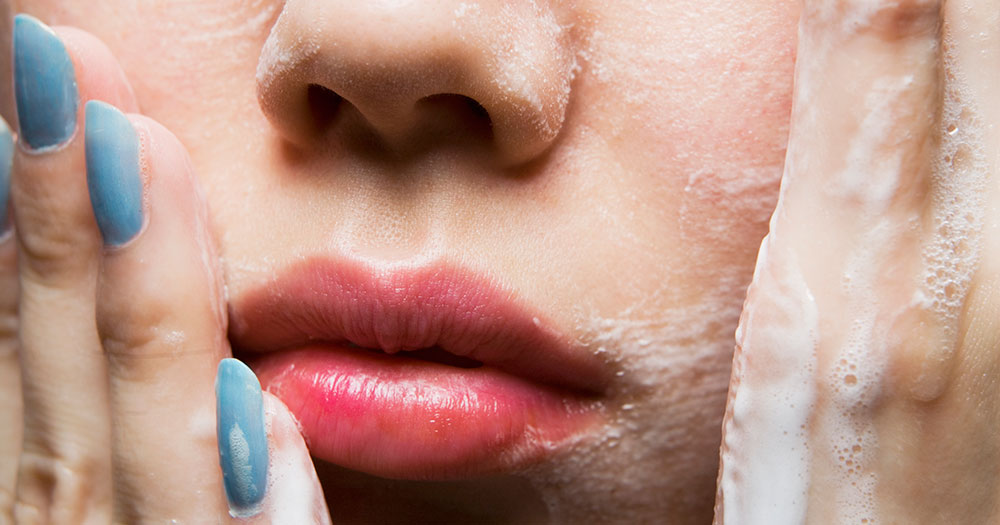
A new study suggests that blue light may have potential negative effects on skin. Also known as HEV, high energy visible blue light, is emitted from computers, laptops, TV's, personal electronic devices, and smartphones, etc. Although the primary source of blue light is the sun, blue light from electronic devices was studied by researchers who raised the question of its negative effects on skin and the skin's barrier. What they found was that blue light may lead to DNA damage and cellular dysfunction, which can further contribute to photo-aging and inflammatory skin conditions.

What can you do? Here are some ways to help mitigate the negative effects of blue light on skin:
1) Limit your exposure: separate from your screens as often as is feasible;
2) Block some rays: apply blue light-blocking filters and eyewear;

3) Adjust the settings and manually adjust the color and brightness on your devices;
4) Lighten up: blue light increases when the ambient light is low. So, avoid using your devices in the dark;
5) Eat well: Nutrition is the first rule of beauty. Eating fruits and vegetables that are rich in antioxidants will help to reduce free radical damage caused by UV radiation and blue light;

6) Invest in good skin care: Moisturize daily and apply sunscreen as needed;

7) Facial massage: keep the skin's circulation robust such as with gua sha, facial rolling, and manual lymphatic massage;
8) Supportive care: if your diet is lacking in high-quality vitamins, minerals, and nutrients, you may consider supplementing with actives that help to reduce inflammation and tackle free radical oxidative stress. Consider vitamin C, lutein, and omega fatty acids to generally help protect the skin's barrier. More specifically, cocoa powder and sunflower sprout extract have been shown to be effective in reducing damage from blue light.
While avoiding electronic devices completely is altogether unrealistic in modern times, there are ways to keep up with technology and to stay beautiful-- inside and out.